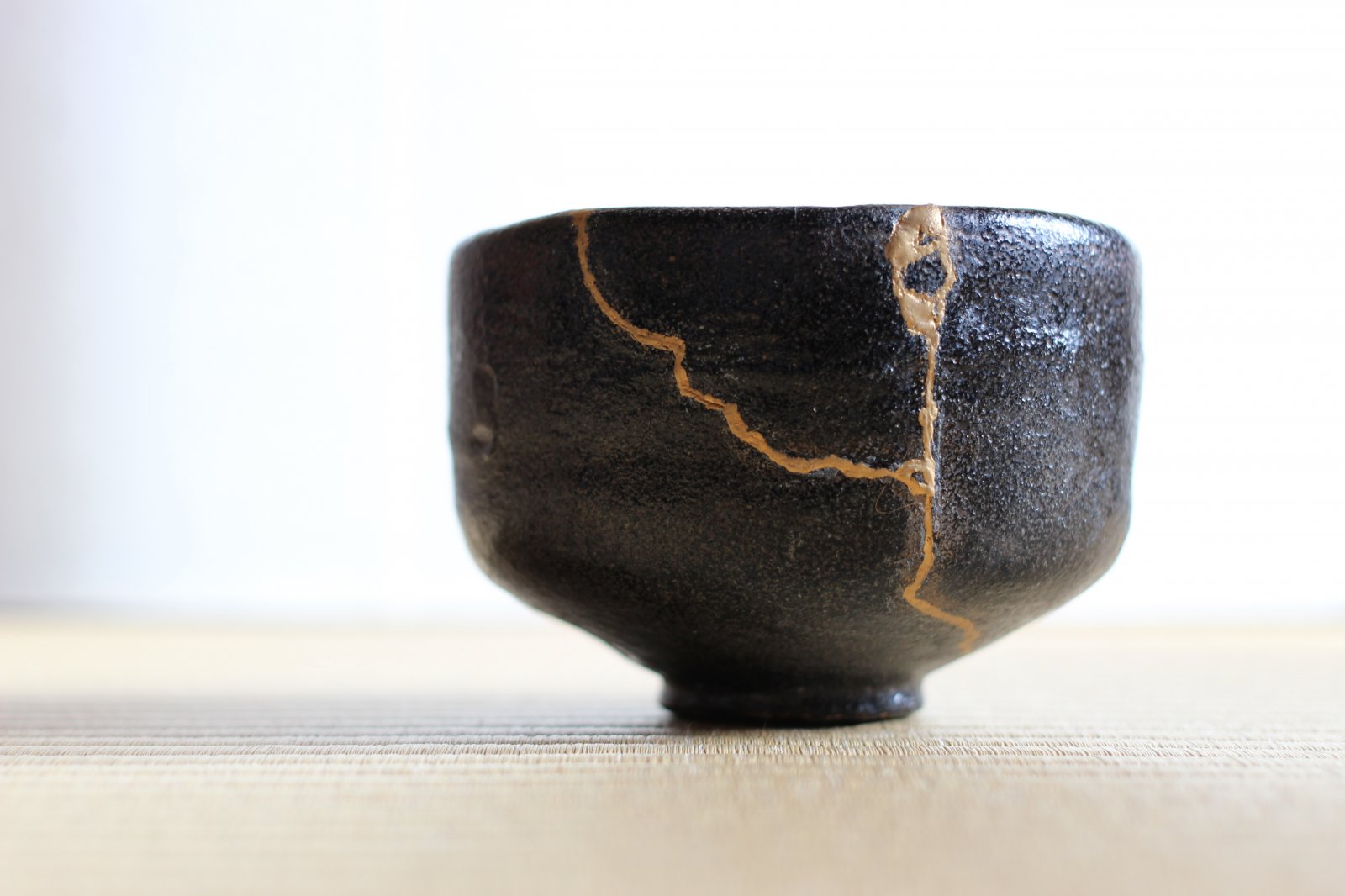Kintsugi: Teachers as Broken Healers
Posted: Thu, 23 Jul 2020 09:10
Kintsugi is a Japanese art form in which breaks and repairs are treated as part of the object's history. Broken ceramics are carefully mended by artisans with a lacquer resin mixed with powdered gold, silver or platinum. The repairs are visible — yet somehow beautiful. Kintsugi means "golden joinery".
Kintsugi is a way of seeing, that is only possible through the eye of contemplation. To contemplate on the wounds of another and to see them as marks of beauty is to see them in their totality. It is to see another as they truly are. To airbrush or Photoshop away the reality of a person's life is to limit them and their experiences; this is not truly seeing. We are who we are, wounds and all. We all come with marks and wounds. To love the scars we bear, and the scars of others, is a blessing.
Like many people, I feel a sense of brokenness from the months of Covid-19. Moreover, I can see in the faces of my colleagues and the pupils as they have returned to school a sense of woundedness. As we enter the summer and move into the new academic year, we are all in need of healing. The scars of the pandemic are visible and will remain so for many years to come.
As educators and ministers, we have a duty to heal those in our community. Healing comes in many forms, and as I type, I am sat in the Sports Hall of De La Salle Academy, Croxteth. Year 7 are in form meetings with their Form Tutors and I am supervising the post-meeting badminton. The smiles of the boys, their witty banter, their energy and exuberance, is healing energy to this weary teacher. The boys are healing me. I have missed them!
A sense of camaraderie has been evident in my own, and I would imagine, in all schools, as we have pulled together to support each other and the most vulnerable in our communities. This has provided much-needed sacred energy, that has seen us through the difficult days past; and dare I say, the challenging days to come.
We, as teachers, are called to 'Kintsugi'. Our mission in the months ahead is to minister healing to our communities. In doing so we are to imitate even more closely the example of Christ. A simple smile can heal. So too can a reassuring look. A lesson well planned. A set of clear and compassionate guidelines as our pupils return. We cannot underestimate the power we have as teachers to heal the wounds of our pupils. Many will return with difficult and tragic tales to tell. The loss of family to Covid-19; the difficulties of surviving lock down; financial and emotional poverty. This is what awaits us. Therefore, we must rest!
A number of years ago I went on my first silent retreat; it was a weekend in July. The wise retreat master saw that I was exhausted and asked, "What do you do in the world Michael?" My reply, "I teach RE in a secondary school.'' "Well", he said, "Remember that God is always present and speaks at all times, even in sleep; go to bed Michael! We will talk when you are rested." This wise and saintly man could see the wounds on my face. The same wounds that all teachers bear, were clearly visible on my face. His words of compassion were those of healing. This summer, all those who work in the ministry of education must rest. The word 'holiday' has its root in the phrase 'holy day'. The divine is encountered as much in rest, as anywhere else. We all need to be kind to ourselves this summer, for as wounded as we are, we will be the wounded healers come September.
Compassion and kindness for others must first begin with ourselves. Henri J M Nouwen in his wisdom reminds us that:
Compassion asks us to go where it hurts, to enter into the places of pain, to share in brokenness, fear, confusion, and anguish. Compassion challenges us to cry out with those in misery, to mourn with those who are lonely, to weep with those in tears. Compassion requires us to be weak with the weak, vulnerable with the vulnerable, and powerless with the powerless. Compassion means full immersion in the condition of being human.
In working with young people, we daily immerse ourselves in the realities of life and the human condition. We often go where it hurts and enter those places of brokenness with our pupils and colleagues. Moreover, we do so with compassion. For all that is to come, and for all that will be required; we need to rest.
Over the summer break I invite you to reflect on the words of Jesus in the Gospel of Matthew:
Come to me, all you who are weary and burdened, and I will give you rest. Take my yoke upon you and learn from me, for I am gentle and humble in heart, and you will find rest for your souls. For my yoke is easy and my burden is light.
Matthew 11:28-30
Through our rest, though we are broken, we will gain the energy to be the 'golden joiners' in the healing art of Kintsugi.
